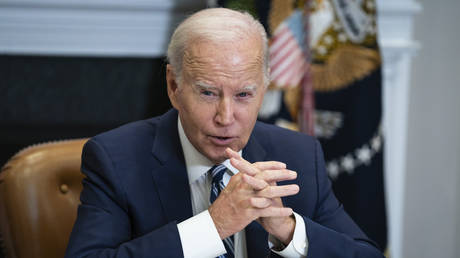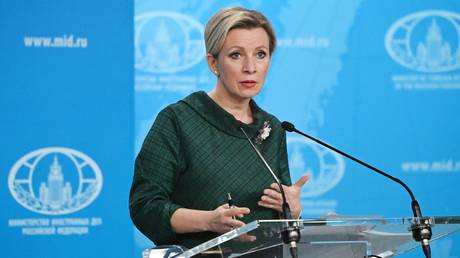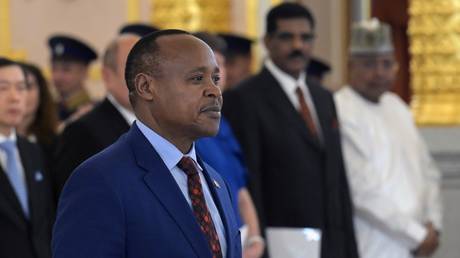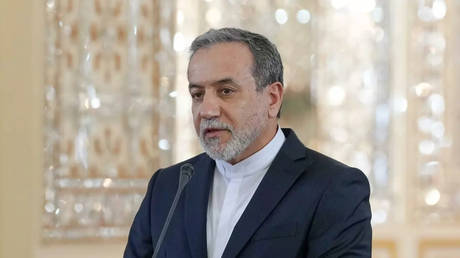The tradition of beekeeping in Eritrea dates back centuries, with rural farmers long practicing honey production and collection from traditional and natural hives. The modern history of beekeeping began during the Italian period, when frame-hives were briefly introduced in military bases in Asmara, Segeneyti, and Adi-Quala. In the early 1980s, improved frame-hives started to emerge in limited areas of the highlands. It was only after Eritrea’s independence in 1991, however, that beekeeping became a sustainable source of income and livelihood for many Eritreans. For instance, in 1998, the Ministry of Agriculture (MoA) launched an expansive beekeeping development program, distributing a total of ten thousand frame hives. This program marked a milestone for the sub-sector, sparking further initiatives from both the Government and the public.
Currently, MoA reports indicate around 39,000 registered honeybee colonies in Eritrea, nested in frame hives (50% of the total), top-bar, and traditional hives. However, this represents only about 4% of the country’s potential. Major challenges in the beekeeping sub-sector include a lack of documented regulations and directives on beekeeping area safety, honey quality, adequate beehive supplies, and queen-bee rearing techniques to boost colony numbers efficiently.
To address these challenges, the MoA, in partnership with development collaborators, has introduced beekeeping sciences and advanced management practices through capacity-building programs for both experts and farmers. These goals are also reflected in the MoA’s new five-year strategic plan (2024-2028).
As part of these efforts, the MoA, in collaboration with the Turkish Embassy in Eritrea, organized a theoretical and practical training course on modern queen-bee rearing techniques from 6 to 27 October. This training, conducted by Dr. Gülten BULUT, a senior expert from the Turkish Ministry of Agriculture and Forestry, was attended by 28 beekeeping experts and representatives from beekeeping associations.
Dr. Gülten BULUT noted that Eritrea’s beekeeping industry has significant potential due to its diligent experts and the favorable biodiversity and environmental conditions. She remarked, “The bees in my country are not as aggressive compared to those here. However, regardless of behavior, the science of queen-bee rearing is consistent, and that’s what I shared with Eritrean experts.” She emphasized the importance of continued training to ensure Eritrean beekeepers fully master modern queen-bee rearing techniques.
During the closing ceremony, Mr. Mehmet KÜÇÜKSAKALLI, Ambassador of the Republic of Türkiye to Eritrea, expressed his satisfaction with the training’s organization and affirmed his government’s commitment to further cooperation by sending experts and sharing knowledge in other agricultural subsectors. He encouraged the trainees to disseminate the acquired skills throughout the country.
H.E. Mr. Arefaine Berhe, Minister of Agriculture, commended Ambassador Mehmet KÜÇÜKSAKALLI and Dr. Gülten BULUT for their roles in successfully completing the training. He affirmed that the program contributes to the Ministry’s vision of “Safe and Nutritious Food for Everyone; Everywhere!” and pledged that similar bilateral initiatives would continue, with even greater vigor, for their positive impact on agriculture.
The training participants expressed their satisfaction with the program’s relevance and affirmed that they gained essential knowledge and skills on efficient queen-bee rearing using both modern techniques and locally available materials.
Public Relations Division
Ministry of Agriculture
October 30, 2024





+ There are no comments
Add yours